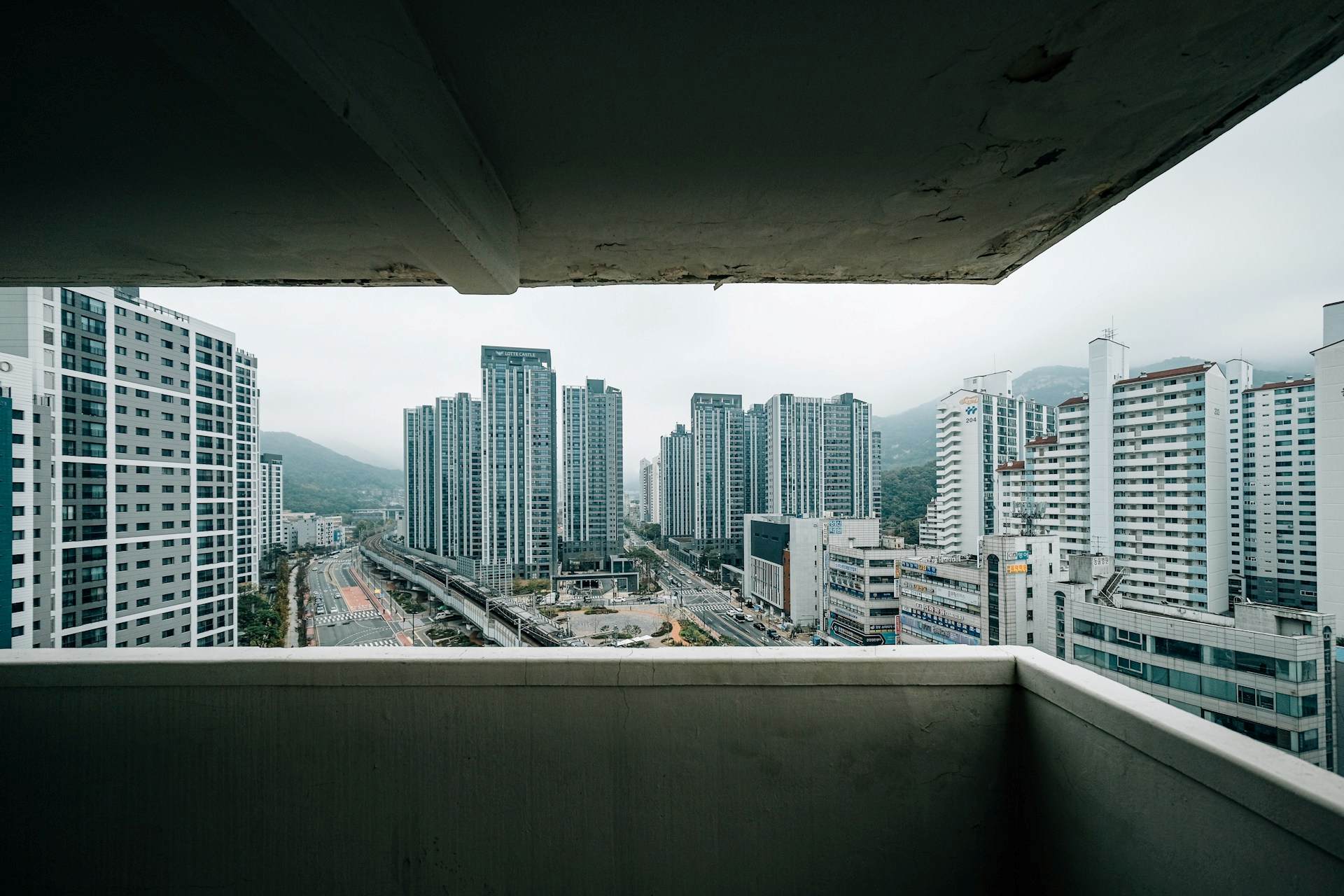China’s property downturn has entered a new and more severe phase after the Hong Kong High Court ordered the liquidation of China South City Holdings, making it the first state-backed developer to collapse in this cycle. The decision came after more than a year of legal action by creditors seeking to recover at least US $1.4 billion, with Judge Linda Chan rejecting the firm’s request for one final chance to restructure on the grounds of inadequate creditor support and negligible progress. Court-appointed liquidators will now take control of its assets.
The developer, known for its large-scale logistics and trade centre projects, reported HK$16 billion in defaulted debt by the end of 2024 and total liabilities of HK$60.9 billion against assets of HK$87.6 billion. Its shares, once worth HK$4.73, had fallen to just HK$0.107 before trading was suspended. The scale of the collapse underlines the financial fragility that still runs through China’s real estate market despite years of policy efforts to stabilise it.
This outcome signals a shift in the treatment of distressed developers. Unlike previous cycles, when partial state ownership often implied a degree of protection, the ruling suggests government-linked firms are no longer shielded from the full consequences of insolvency. It follows other high-profile failures, including Evergrande, and highlights the limited success of state-backed rescue measures in halting the sector’s slide.
For real estate operators and investors, the case reinforces the urgency of securing robust restructuring agreements early, backed by realistic repayment plans and broad creditor alignment. In the current climate, court intervention appears increasingly likely where negotiations stall, regardless of a company’s political connections. The liquidation also places a spotlight on asset recovery potential, with the developer’s extensive logistics infrastructure possibly attracting strategic buyers, though the prospects for meaningful creditor returns remain uncertain.


